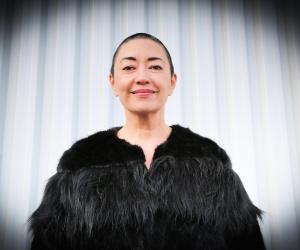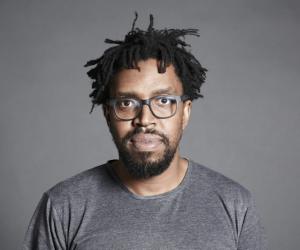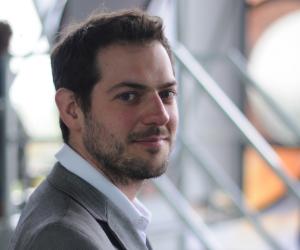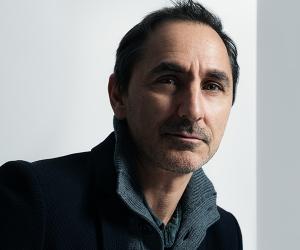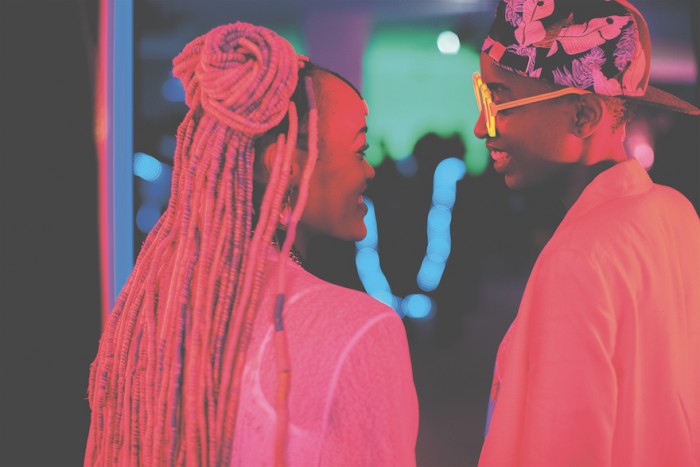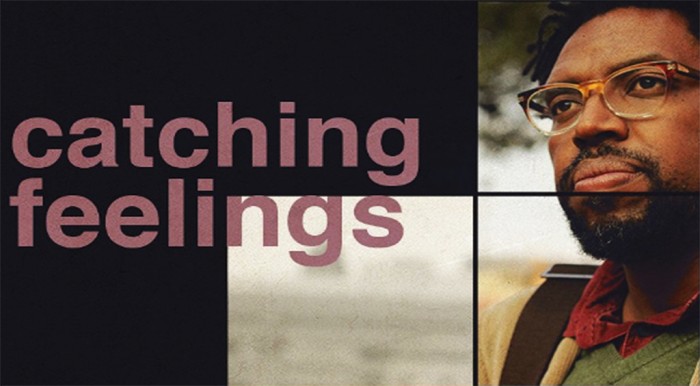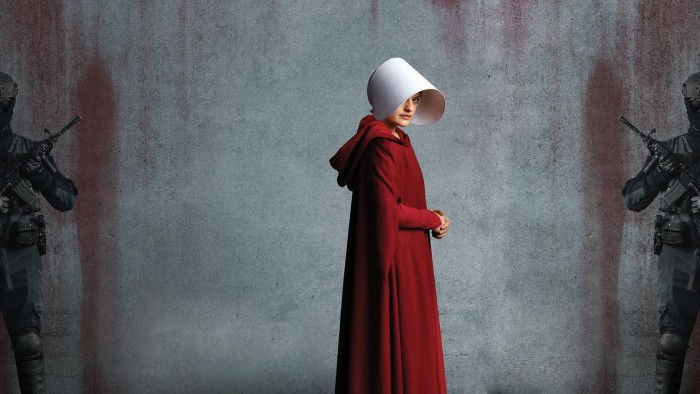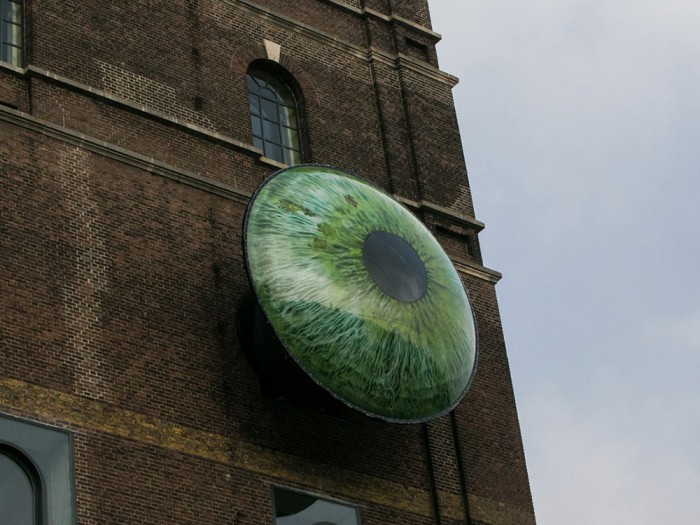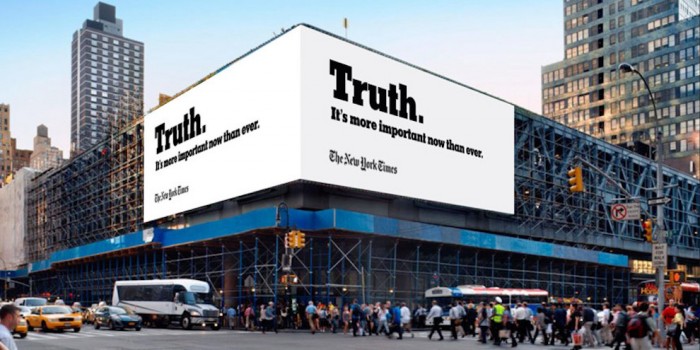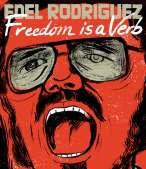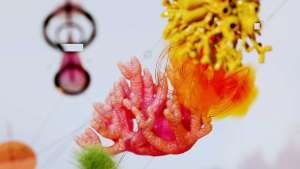We often think of design in its tangible forms - a building, a chair, a ball gown. But it exists in nuances that are intangible too. To extend this idea, beyond design, creativity plays a huge role in moulding culture over time. We see this in the stories we hold dear, from the written word to the theatre stage and the film screen.
At the next Design Indaba Conference, we’ll be hosting a cohort of speakers that are pushing the boundaries through the narratives they create.
Wanuri Kahiu
Unapologetic in her pursuit of creative freedom, the filmmaker, producer and author and reluctant activist created Rafiki, a story of young love between two Kenyan women. While the feature was received with great international acclaim - It was the first Kenyan film to be screened at Cannes Film Festival - it was banned by her home country.
Rafiki paved the way for her Hollywood directorial debut, Covers, which she starts work on in 2019.
A pioneer of the creative arts, particularly in an African context, Kahiu started the Afrobubblegum movement, which calls for a more fun and frivolous approach to the way the continent’s artists present their stories, as opposed to the stories of struggle and strife.
Kagiso Lediga
Before this South African stand-up comedian, actor and all-round creative came along after the end of Apartheid, the industry was pretty pale and pretty stale. Lediga kicked off his career in no small way with the Pure Monate Show, which iMBD describes as South Africa’s Monty Python.
He went on to produce and star in feature films and returned to television with the wildly successful, satire show, Late Nite News.
His flair for telling stories that entertain, inspire and get the nation laughing makes him a national treasure.
Ane Crabtree
To call Ane Crabtree a costume designer feels like an understatement. It’s true, she is responsible for some of the most iconic shows in television history, but her influence extends far beyond the screen.
Her recent work on the hit series The Handmaid’s Tale demonstrates this as the instantly recognisable blood-red cloak she created for the show has become a symbol of oppressed women in the global fight for women’s rights.
The self-taught designer’s work is derived from a raw passion for what she does, which sees her spending most of her time - working time and free time - researching, refining and perfecting.
Lucas De Man
Euro crisis, social inequality, immigration, terrorism, fascism. These are the issues Lucas De Man is exploring through his theatrical lens.
Trained in theatre, the actor, director and concept developer plays in spaces not merely restricted to the stage. Realising that younger people don’t engage with art in the ways they used to in the past, he has devised alternative ways to engage them to provoke thought on the world we live in.
He has staged interventions in European cities that aim to encourage social cohesion, like Sketch, a research installation that collected residents’ thoughts and ideas on what the ideal city should look like.
David Droga
While advertising is the fuel of capitalism, it also plays an huge role in carving the narratives of products and brands specifically in the way people relate to them.
Nowhere is this made more obvious than in the work of the advertising maverick, David Droga, the founder of Droga5 and recipient of multiple global awards in creativity.
With more than 20 years under his belt, he’s remained relevant in an industry that is constantly evolving, through sheer malleability and unmatched creative leadership. His client roster includes Hillary Clinton, Jay Z, Tourism Australia and the New York Times among many others.
These speakers will be joined by a host of boundary-breaking creatives from across continents and disciplines, together demonstrating that creativity can indeed make the world a better place.

